Colombo, Sep 23 (V7N)- A wind of change seems to be blowing through Sri Lanka's political landscape, with leftist leader Anura Kumara Dissanayake gaining significant ground in the race to become the country’s ninth president. The first presidential election since the ousting of former president Gotabaya Rajapaksa was held on Saturday, and the initial vote count reveals that Dissanayake, the leader of the left-wing National People's Power (NPP) party, is ahead of his rivals.
While Dissanayake has not secured an outright win, leading with 39.65% of the vote, he has propelled himself into the spotlight as a strong contender in the second round of voting. His closest rival, opposition leader Sajith Premadasa, garnered 34.09% of the votes, while incumbent president Ranil Wickremesinghe trailed with 17%. Under Sri Lanka’s presidential election law, a candidate must secure more than 50% of the votes to win outright. As no candidate achieved this threshold, a second round of voting will be held between Dissanayake and Premadasa.
The Election Commission has yet to announce the date for the runoff, but the rise of Dissanayake, known as "AKD," has sparked intense discussion within the country and internationally. Dissanayake’s anti-corruption stance, particularly in light of Sri Lanka’s economic collapse in 2022, has resonated with many voters, especially after the mass protests that led to the Rajapaksa family's ousting.
Dissanayake, who leads the Janatha Vimukthi Peramuna (JVP) party, has been a member of parliament since 2000 and founded the NPP in 2019. His party, once associated with Marxist-inspired insurgencies in the 1970s and 1980s, has shifted its image under his leadership, moving away from violence and focusing on social justice and anti-corruption efforts. His role in calling for systemic changes following the departure of the Rajapaksa brothers has made him a trusted figure among many citizens, elevating his party from the fringes to a major political force.
Dissanayake's personal appeal, combined with the JVP's progressive platform, has placed him in a strong position to challenge the dominance of Sri Lanka’s two traditional ruling parties, the United National Party (UNP) and the Sri Lanka Freedom Party (SLFP). His rivals in this race come from prominent political families, including Namal Rajapaksa, the son of former president Mahinda Rajapaksa, and Sajith Premadasa, the son of former president Ranasinghe Premadasa. Despite their established names, Dissanayake's fresh approach has captivated a large segment of the population.
Sri Lanka’s current economic situation presents an immense challenge for whoever is elected as president. The country is struggling under the weight of a severe financial crisis, marked by massive debt and inflation. With the economic burden still looming large, the next president will face the critical task of steering the nation out of its financial turmoil.
As the country awaits the second round of voting, Dissanayake’s supporters hope his progressive message and focus on change will help him claim victory in a nation eager for new leadership.
END/AJ



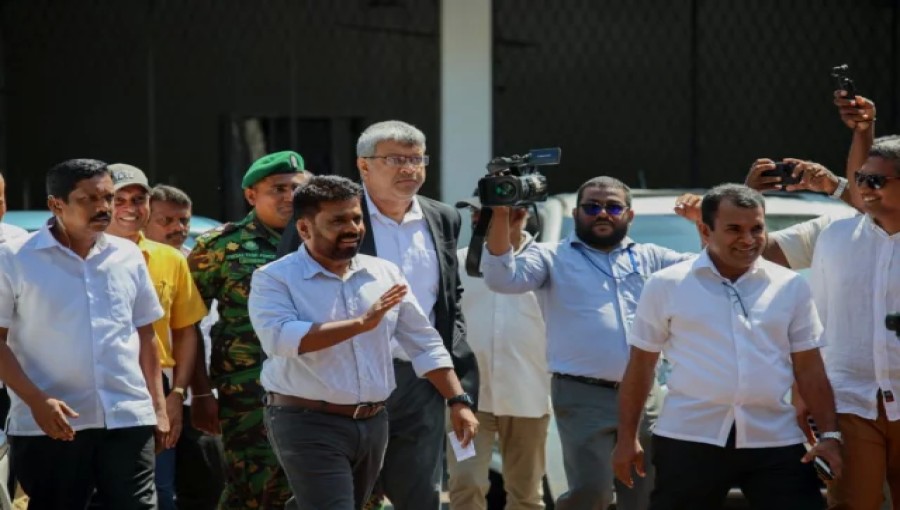
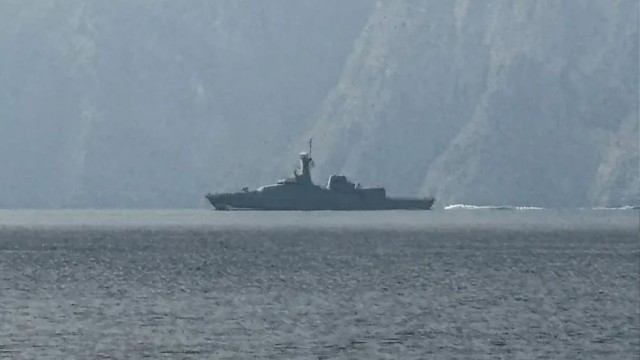
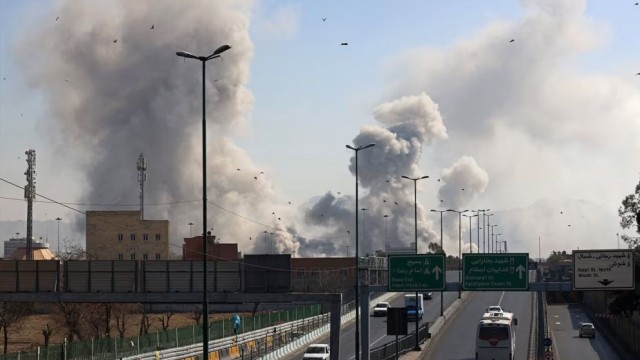
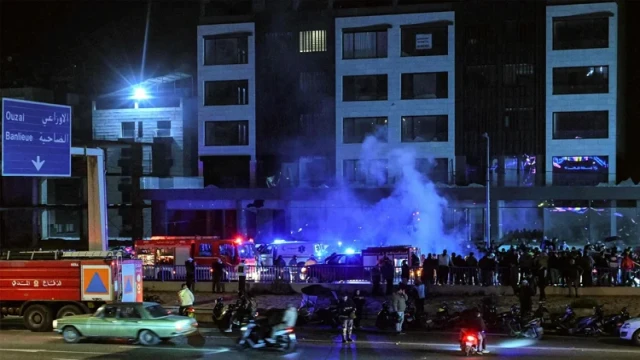
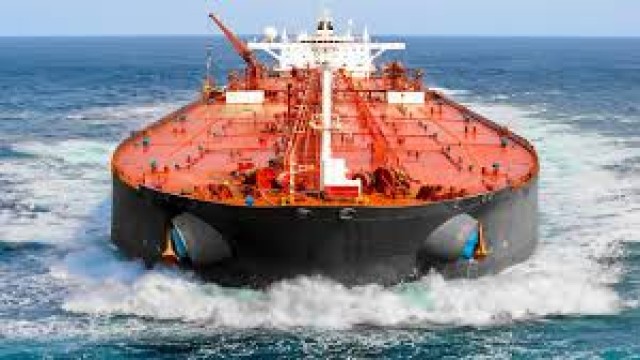
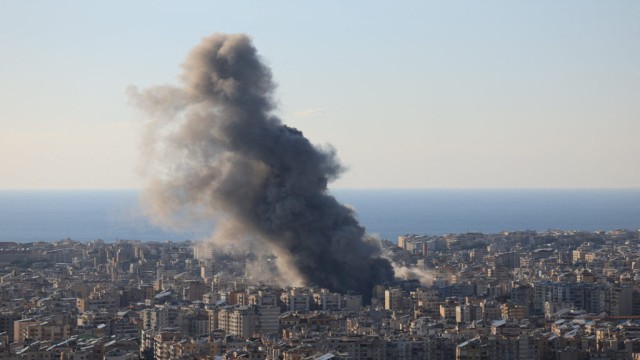
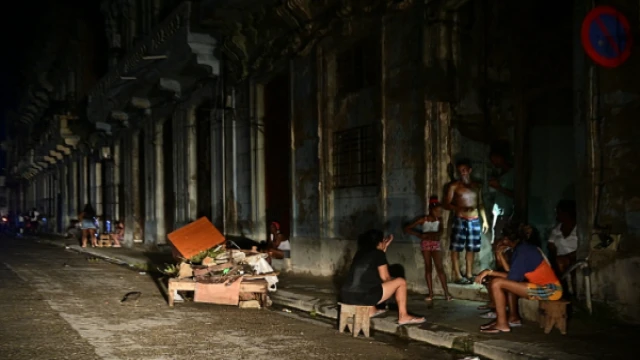
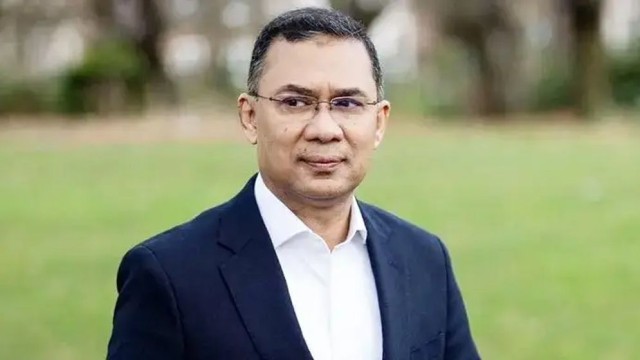

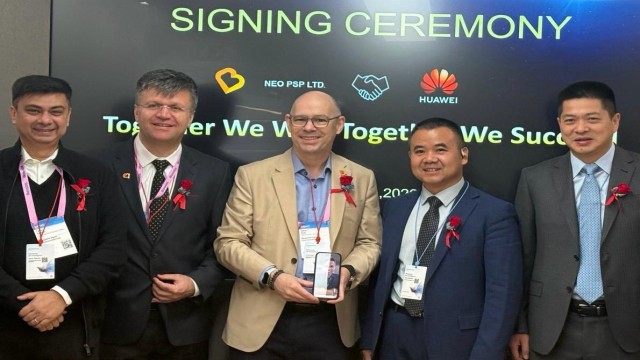
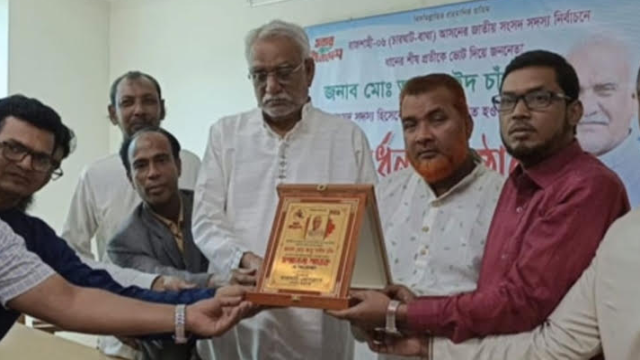
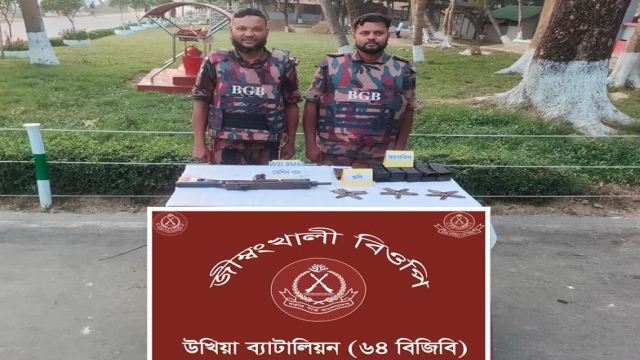
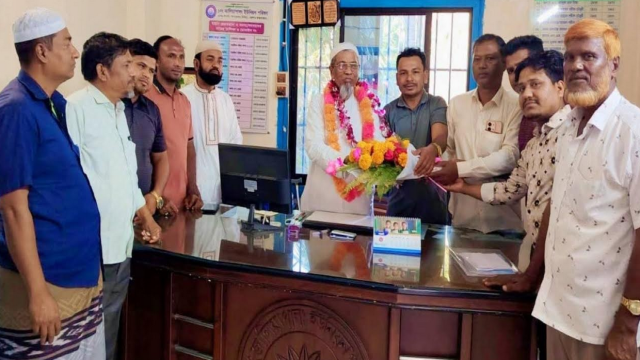
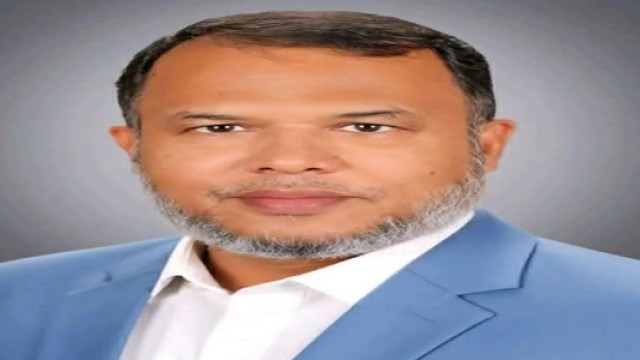

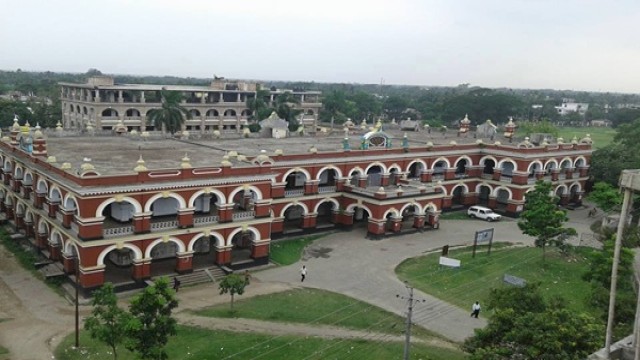
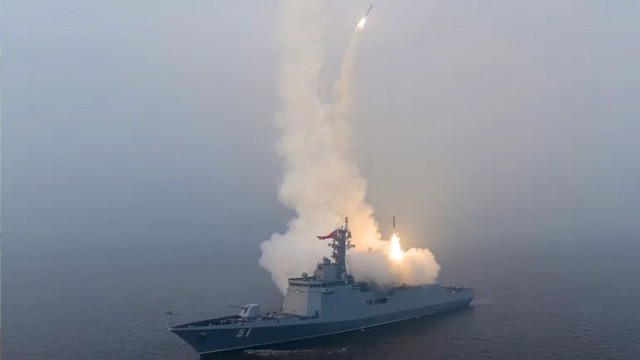











Comment: